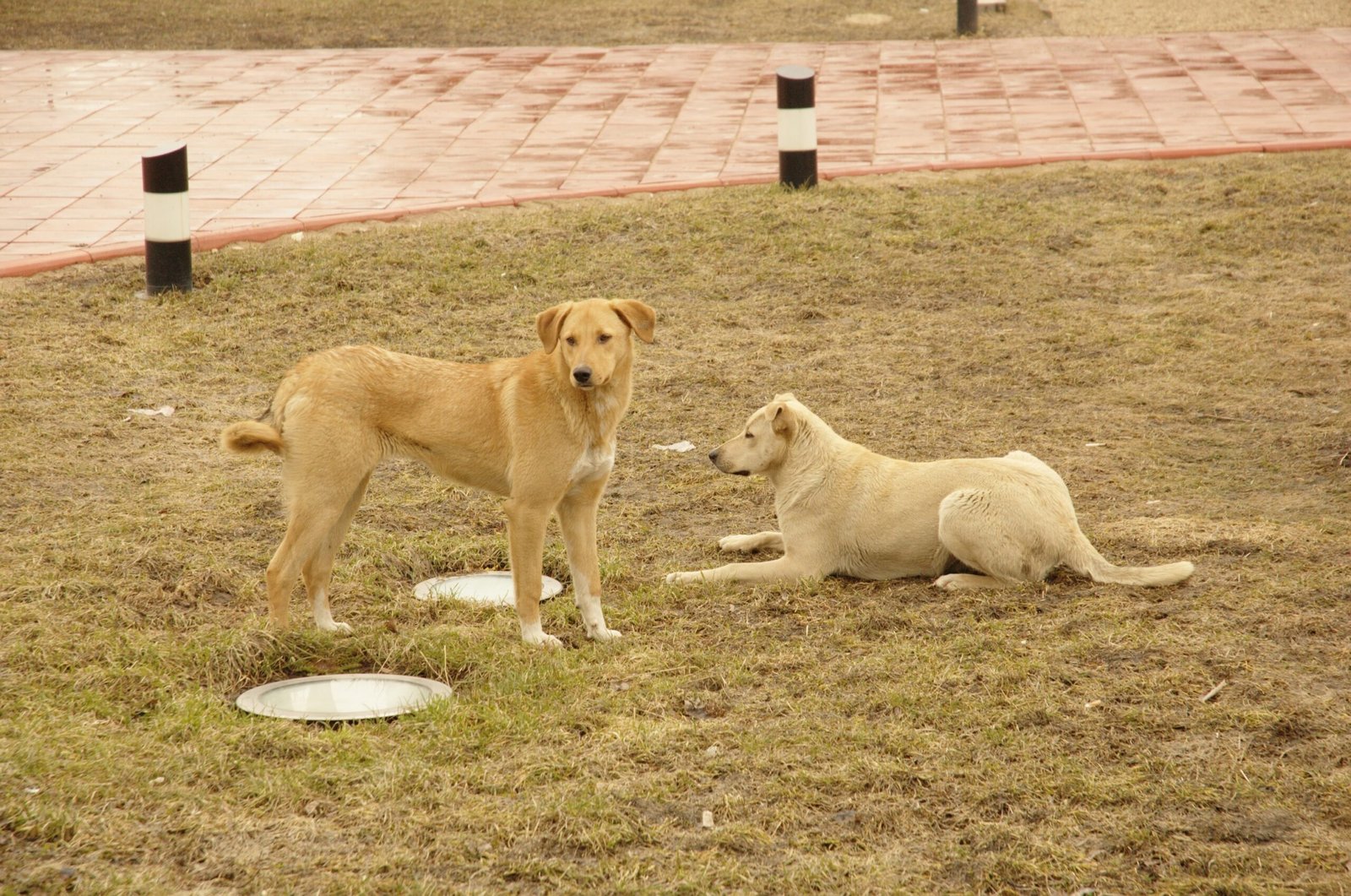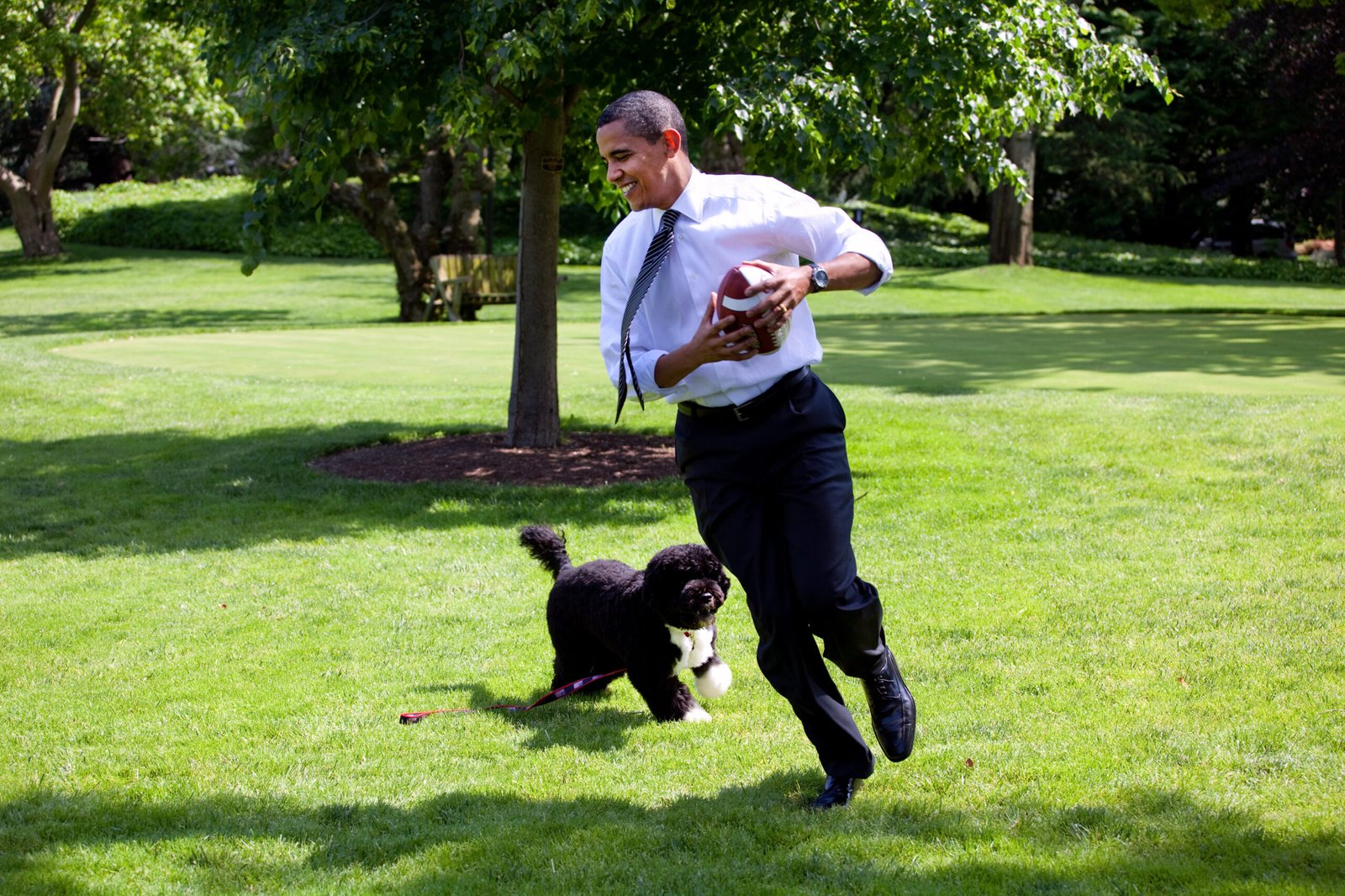Dogs are more than just our furry companions; they are emotional beings with a rich tapestry of feelings. Understanding these emotions can deepen our bond with them and improve their quality of life. If you’ve ever wondered what goes on in your dog’s heart and mind, this article will delve into the complex world of canine emotions. Here are 12 insights that dogs wish you knew about their feelings.
1. They Feel Happiness Just Like Us
Dogs are capable of experiencing joy and happiness much like we do. When your dog wags its tail enthusiastically or jumps around, it’s not just a physical reaction; it’s an expression of genuine happiness. This joy often stems from simple pleasures such as a walk in the park, a tasty treat, or your affectionate touch. The bond you share with your dog is a significant source of their happiness. Imagine the joy of a child receiving a new toy; that’s how your dog feels with your love and attention.
2. Fear Is a Real Emotion for Them

Fear is another emotion that dogs experience, often triggered by unfamiliar or threatening situations. This could include loud noises like thunderstorms or encounters with aggressive animals. Dogs might cower, hide, or even become aggressive when frightened. It’s essential to recognize these signs and provide comfort. Think of how you would feel in a dark, unfamiliar place; your dog experiences similar emotions and relies on you for reassurance and safety.
3. They Grieve Losses

Dogs have the capacity to grieve when they lose a companion, whether it’s a human or another pet. You might notice changes in their behavior, such as lethargy, loss of appetite, or increased sleeping. Just like humans, they need time to process their grief. Offering extra attention and maintaining a routine can help them through this difficult period. Consider how you cope with loss; your dog experiences that same sense of absence and longing.
4. They Experience Anxiety

Anxiety in dogs can manifest in various ways, from destructive behavior to excessive barking. Common triggers include separation from their owners, changes in their environment, or new experiences. Recognizing these signs can help you address the root cause and provide comfort. Imagine the butterflies you feel before a big presentation; dogs feel a similar unease under certain circumstances.
5. Love and Affection Are at Their Core
At the heart of every dog lies a deep well of love and affection. They express this through cuddles, licks, and tail wags. Dogs are pack animals, and their human family is their pack. The love they offer is unconditional and pure. It’s akin to the warmth you feel when surrounded by loved ones; dogs thrive on giving and receiving love.
6. Jealousy Isn’t Just a Human Emotion

Dogs can feel jealousy, especially when they perceive a lack of attention from their owners. This emotion might rear its head when a new pet or baby enters the home. They might nudge their way between you and the new addition or exhibit attention-seeking behavior. It’s essential to reassure them of their place in your heart. Think of how you might feel if a close friend suddenly ignored you; dogs feel similarly and need reassurance.
7. They Can Sense Your Emotions
Dogs have an uncanny ability to sense human emotions. They can pick up on subtle cues such as tone of voice, body language, and even your scent. When you’re sad, they might cuddle closer; when you’re happy, they mirror your joy. It’s as if they have an emotional radar, tuned specifically to their beloved human. This sensitivity is akin to a close friend who can tell when something’s off, even if you haven’t said a word.
8. Routine Provides Comfort
Dogs find comfort in routine and predictability. Knowing what’s coming next in their day-to-day life helps them feel secure. Changes in routine can cause stress or confusion. Maintaining regular feeding, walking, and playtimes can provide a sense of stability. Imagine how disorienting it would be if your daily schedule turned topsy-turvy; dogs feel the same way and rely on consistency.
9. Playfulness Is a Form of Expression

Play is more than just fun for dogs; it’s a way for them to express themselves and relieve stress. Engaging in play allows them to use their energy constructively and bond with you. It’s a joyful release, much like how children use play to explore and learn about the world. The joy and laughter during playtime can strengthen your relationship with your dog.
10. They Value Your Approval

Dogs are keenly aware of their owner’s approval or disapproval. They seek to please and are motivated by positive reinforcement. Praise, treats, and affection are powerful tools in training and building trust. Imagine the pride you feel when praised for a job well done; dogs experience a similar sense of accomplishment and joy when they know they’ve pleased you.
11. They Get Tired and Need Rest
Just like humans, dogs need rest to recharge. Physical exhaustion from play or walks, and mental fatigue from learning commands or new tricks require downtime. Ensuring they have a comfortable space to relax is crucial for their well-being. Think of how you feel after a long day; your dog also needs time to unwind and rejuvenate.
12. They Cherish Your Time Together
Above all, dogs value the time spent with their human companions. Whether it’s a walk, a game of fetch, or simply lounging on the couch, these moments are precious to them. Your presence provides comfort and security. It’s similar to how we treasure quality time with loved ones; dogs thrive on these shared experiences and cherish every moment.
Understanding the rich emotional lives of dogs can enhance the bond you share with them. Recognizing and respecting their feelings leads to a happier, more harmonious relationship. By seeing the world through their eyes, we can better appreciate the unconditional love they offer.





